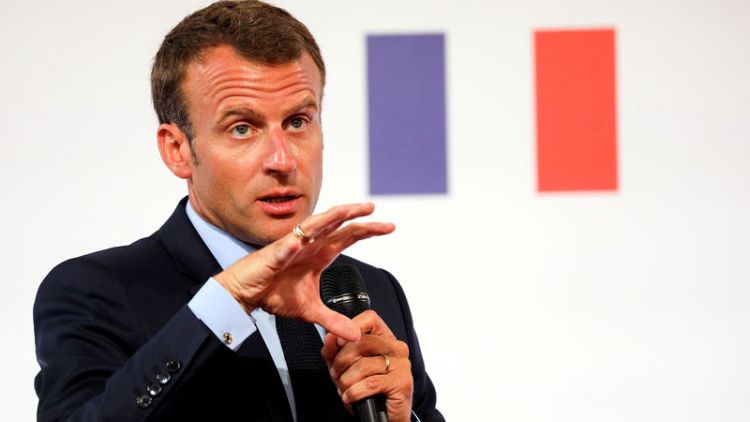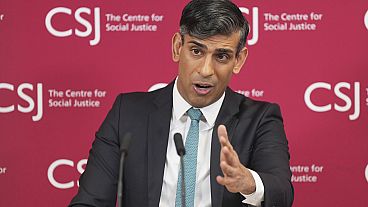By Michelle Martin
BERLIN (Reuters) - Prominent German economists opposed French President Emmanuel Macron's euro zone reform proposals on Tuesday, dismissing them as risky and saying that the single currency bloc must not become a union in which liabilities were shared out.
Macron wants to create a separate euro zone budget, appoint a finance minister and convert the bloc's European Stability Mechanism emergency rescue fund into a European monetary fund.
The group of economists from Europe's economic powerhouse includes Juergen Stark, a former board member of the European Central Bank who quit in 2011 in a row over policy, and Hans-Werner Sinn, previously head of the influential Ifo think tank.
"We, 154 economics professors, warn against developing the European currency and banking union further into a liability union," they wrote in the Frankfurter Allgemeine newspaper.
Ideas put forward by Macron and European Commission President Jean-Claude Juncker "involve big risks for European citizens", they added. Juncker has said the European Union should have a minister of economy and finance.
Turning the ESM into a common backstop for banks would weaken incentives for banks and supervisory authorities to sort out bad loans, the economists said, adding that if the ESM became a European monetary fund under European law, it could be influenced by countries that are not part of the euro zone.
STRUCTURAL REFORMS
A planned European investment fund and another to support structural reforms would result in "further transfers and loans to euro zone countries that have in the past failed to carry out the necessary reforms", they added.
And having a European finance minister with funds would, by being in dialogue with the ECB, result in the central bank's monetary policy becoming even more politicised, undermining growth and jeopardising prosperity in Europe as a whole.
Progress should be made on structural reforms instead of issuing new credit lines and incentives for "economic misconduct", they said, adding that the euro zone needed an "orderly insolvency procedure" for countries and an "orderly exit procedure".
German Chancellor Angela Merkel has called for a strengthening of the euro zone and backed Social Democrat Finance Minister Olaf Scholz's proposals to transform the ESM into a facility to wind down bad banks.
But Merkel is adamant that Germans will not take on greater risks and that individual members must take responsibility for themselves within a currency union.
(Reporting by Michelle Martin; Editing by Alexander Smith)



